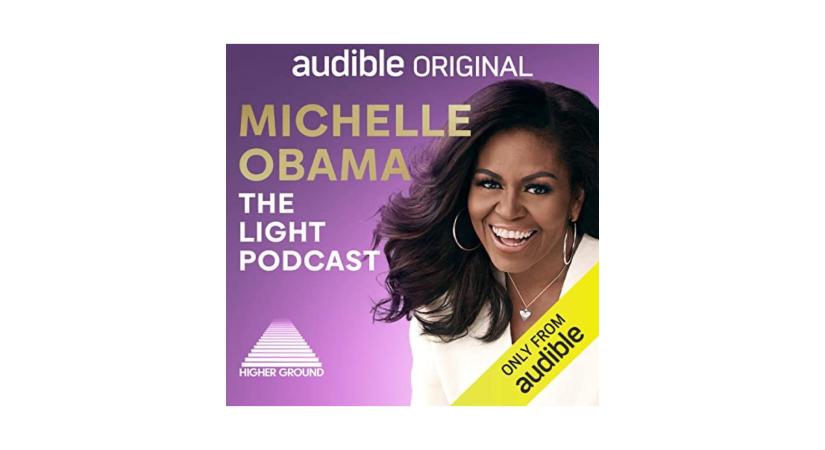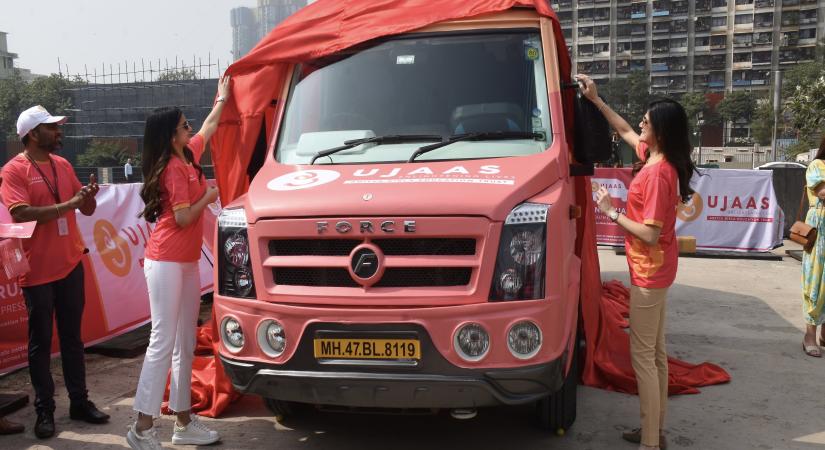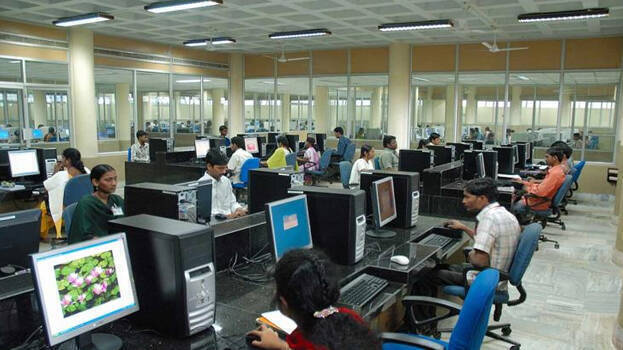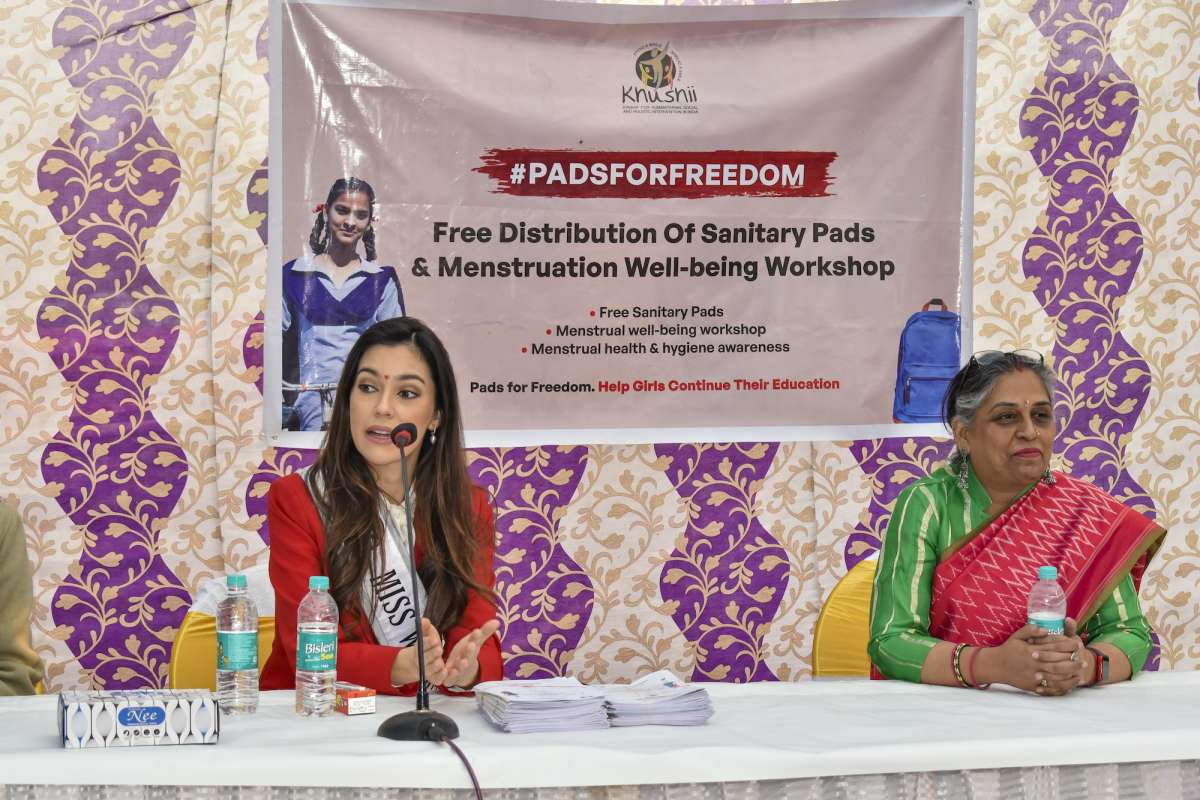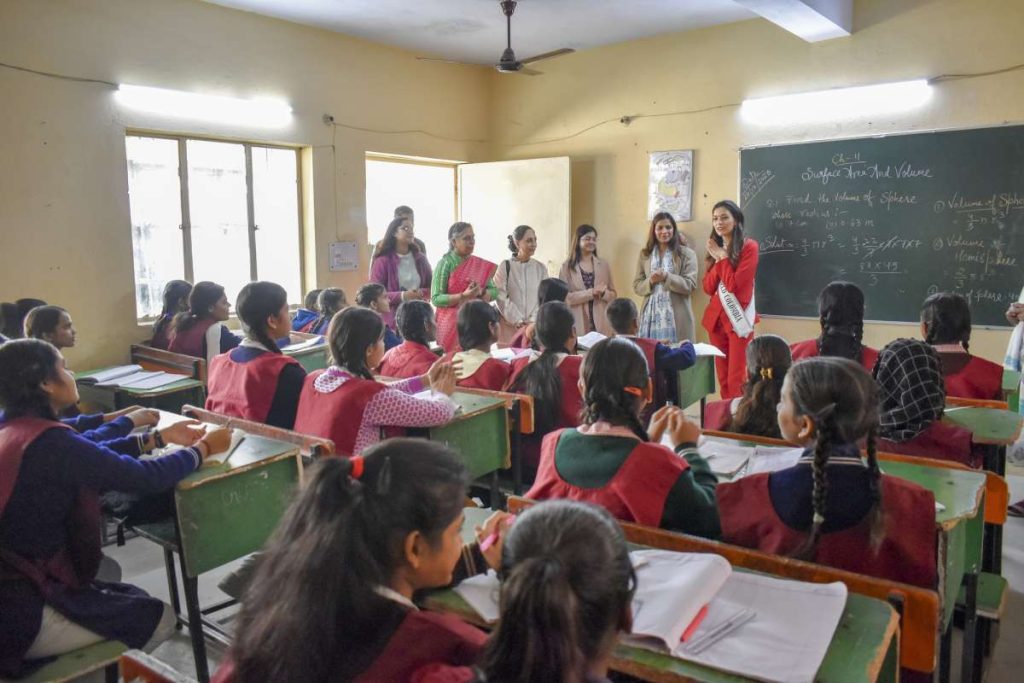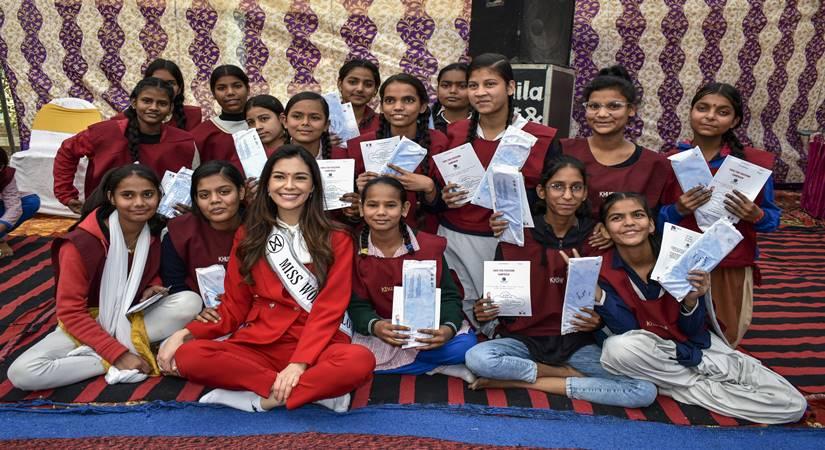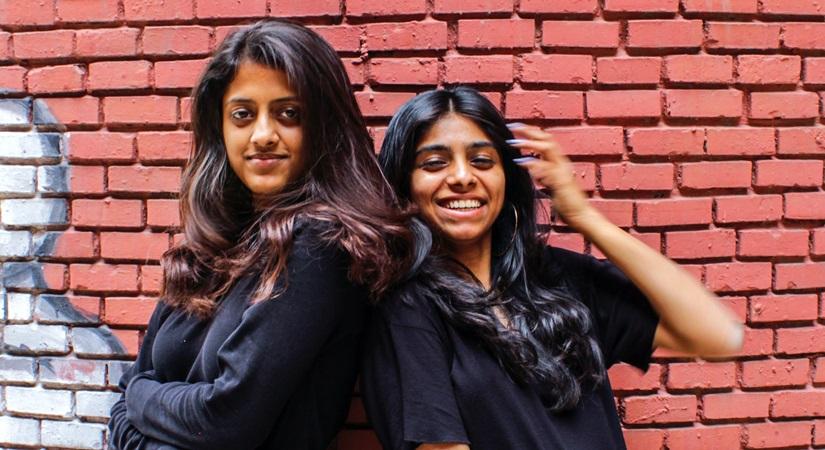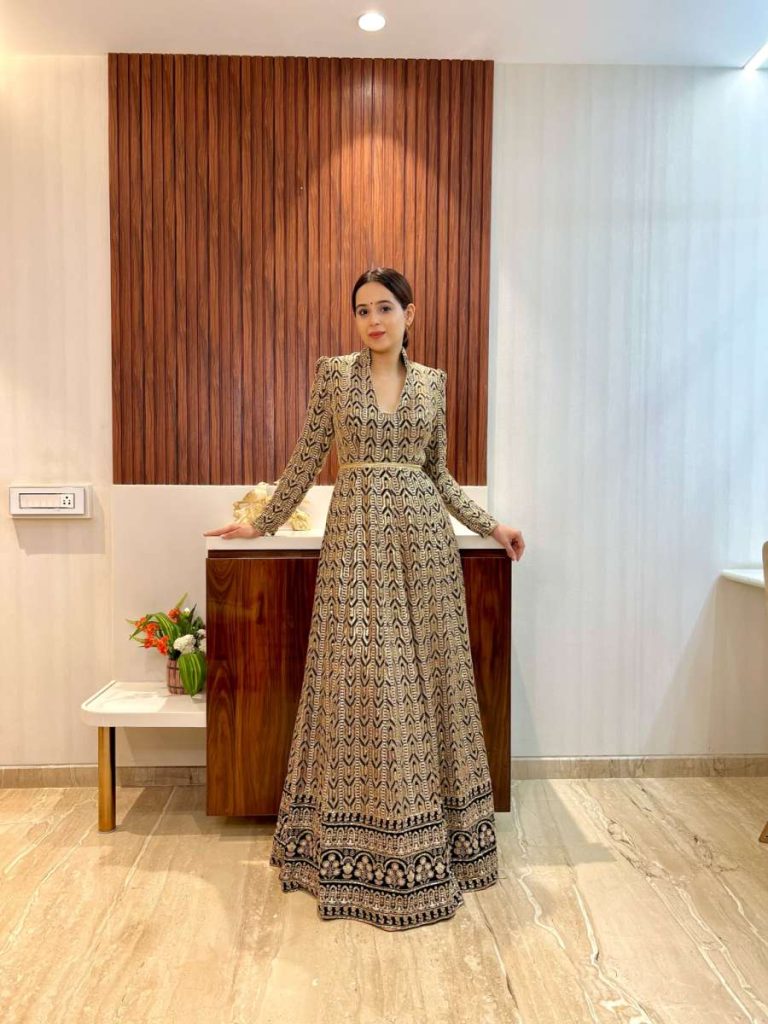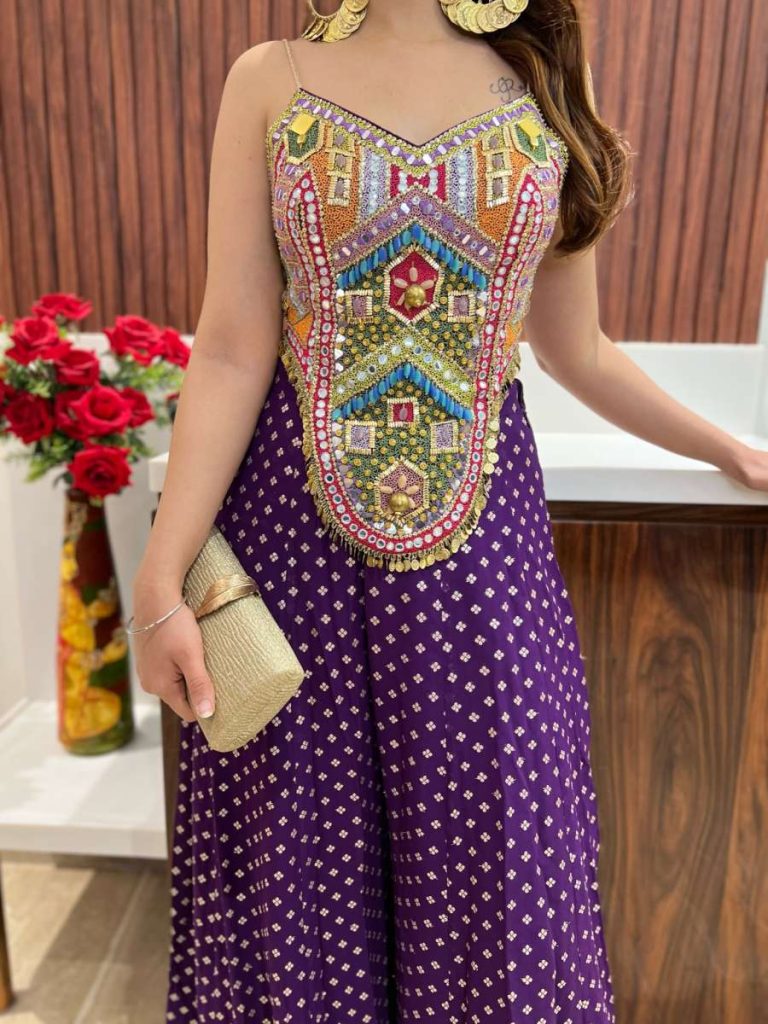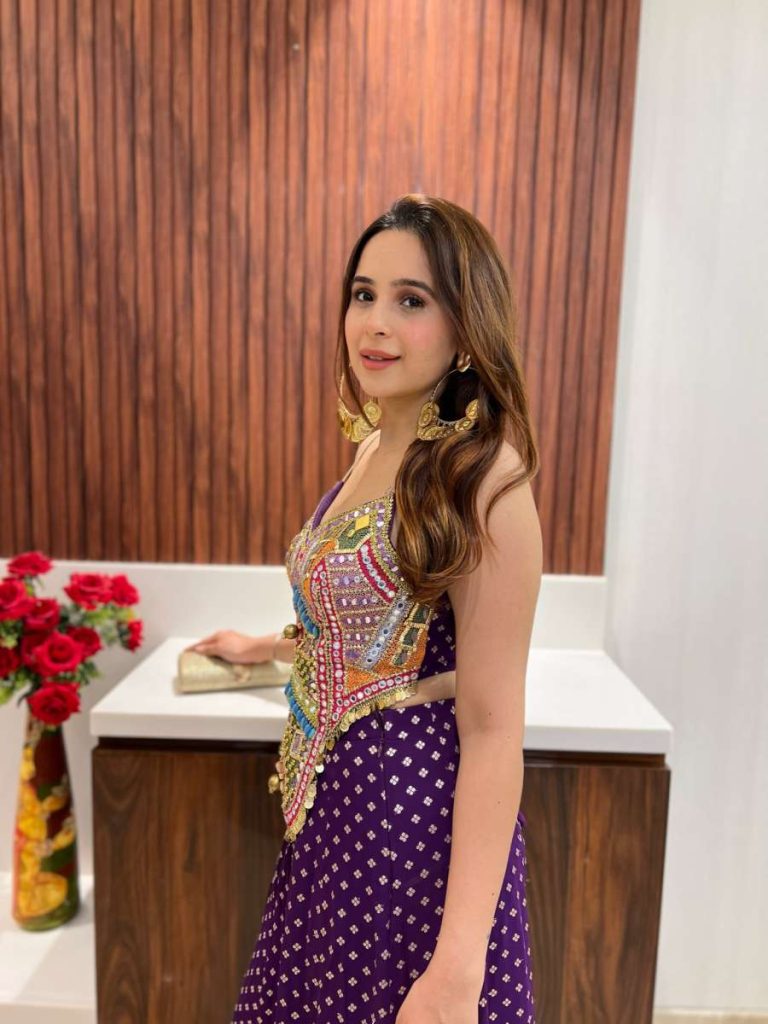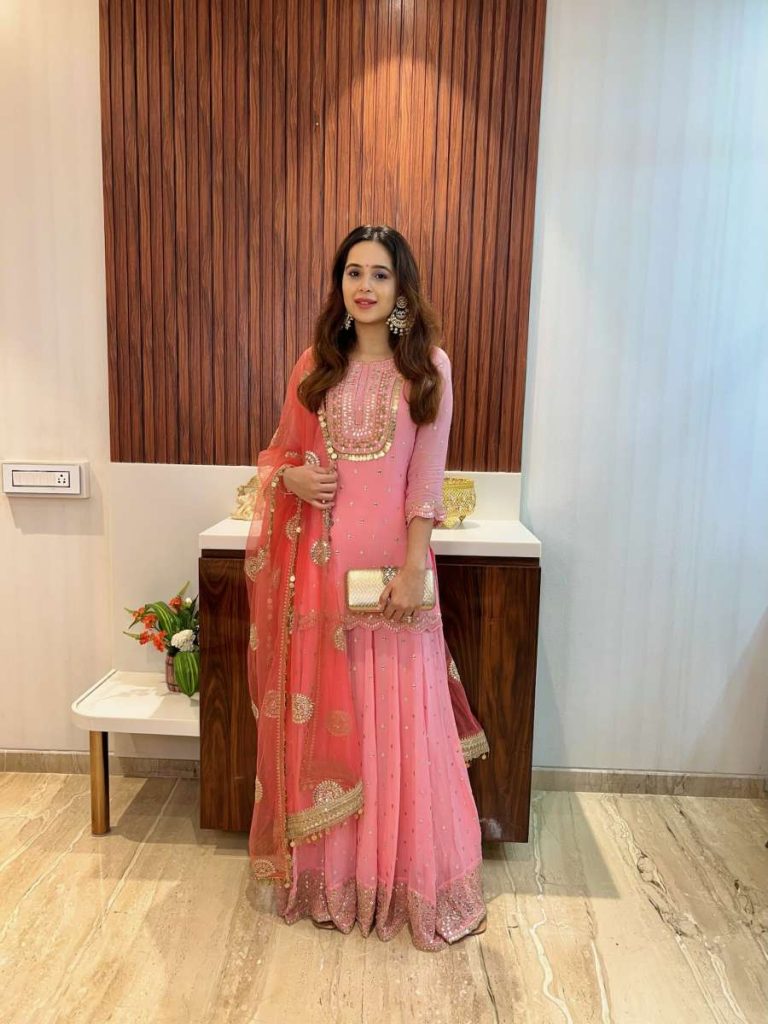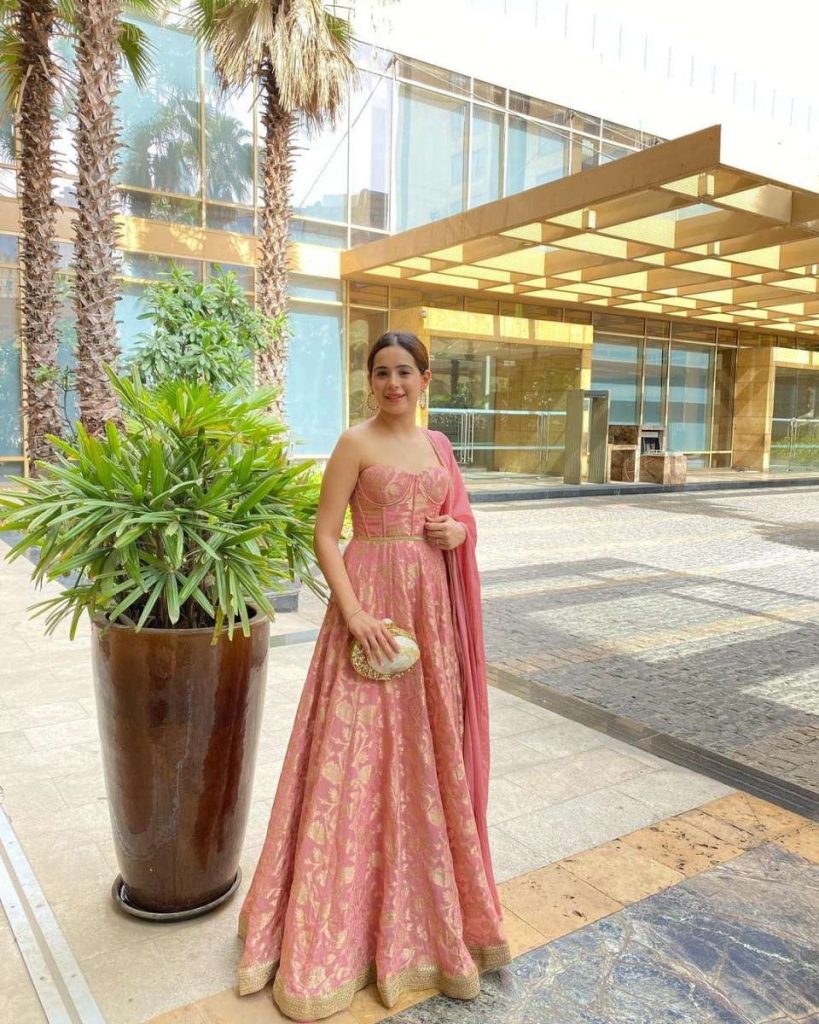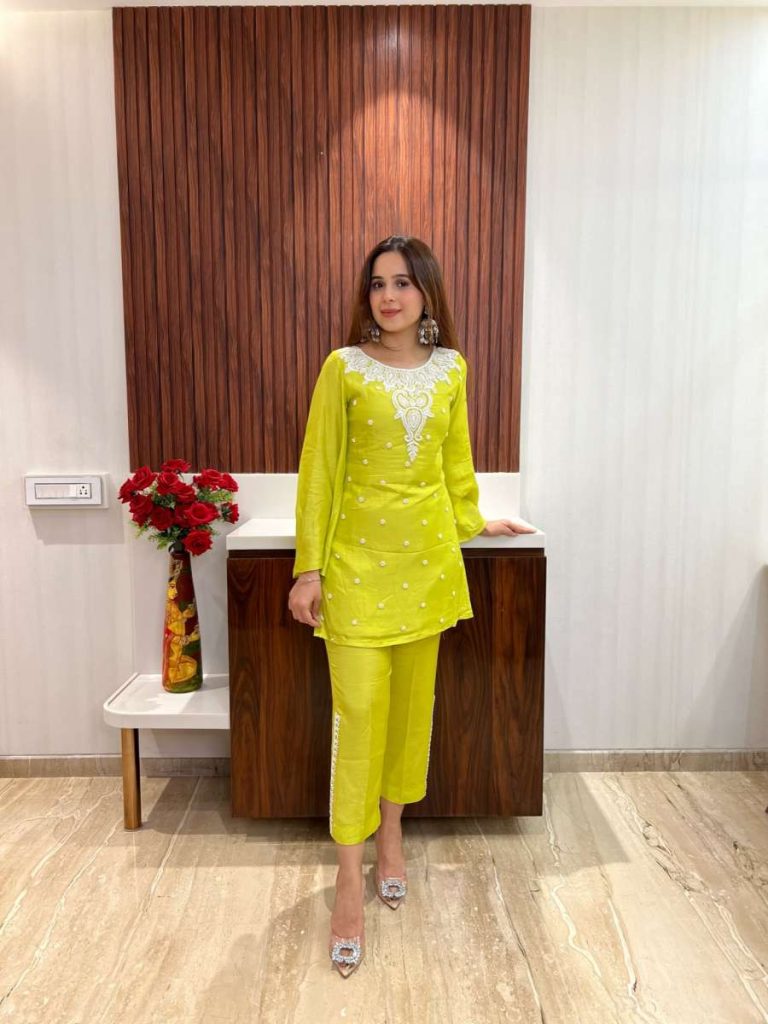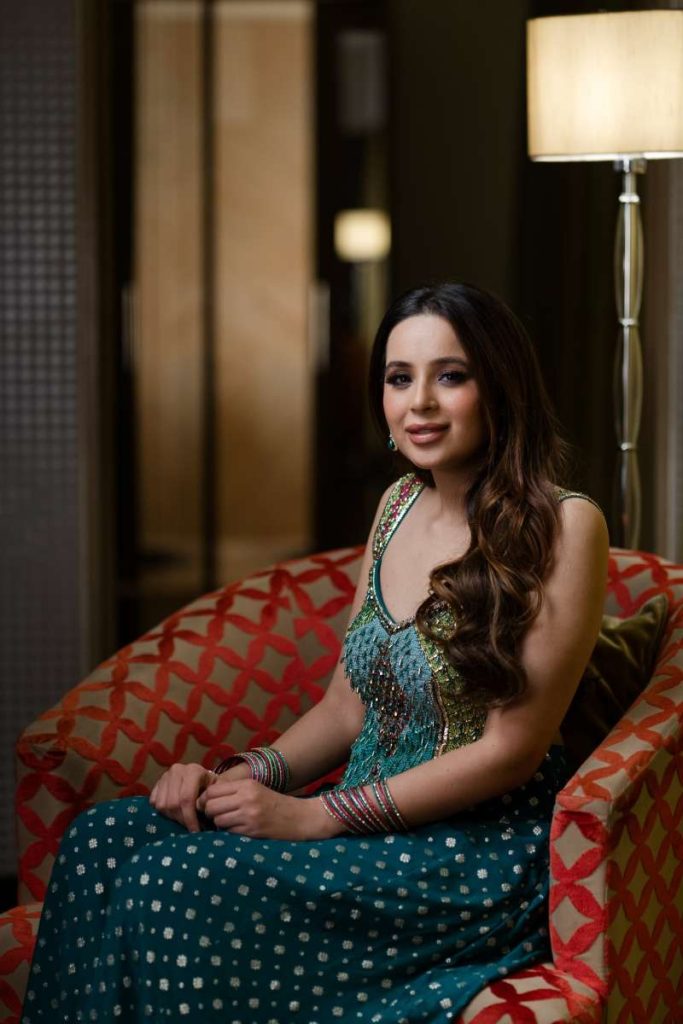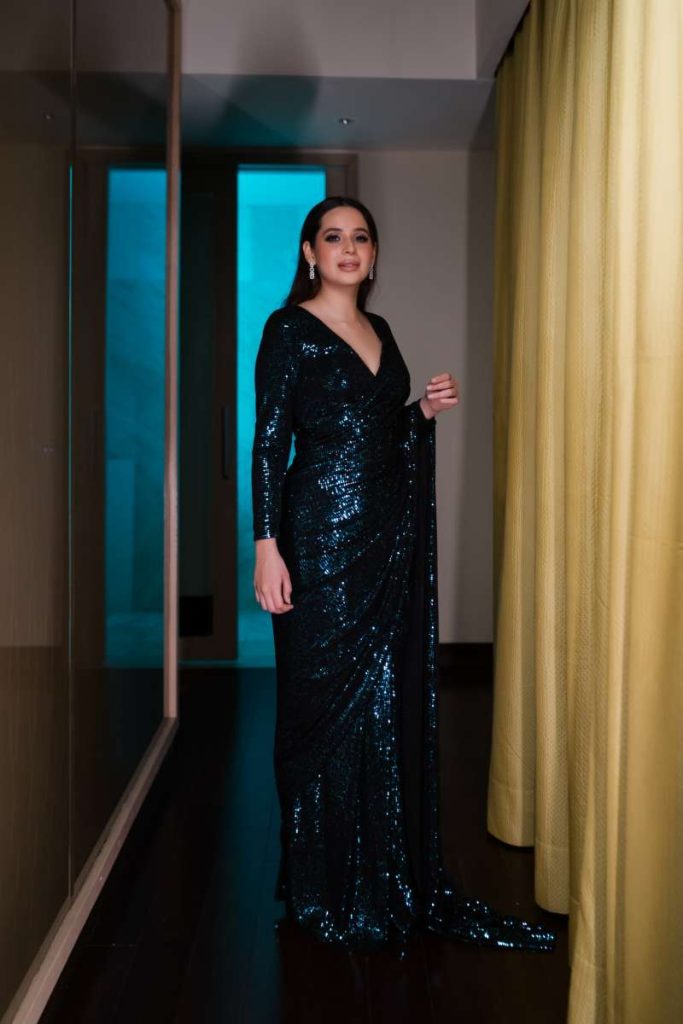Another aspect of online desi feminism is that the usual identity silos like nationality, economic class, caste, and religion are not visible. Instead, women are coalescing around a shared personal experience of being a desi woman…reports Asian Lite News
In recent times women’s movement has been characterised by a personal focus, aiming to dismantle deeply entrenched patriarchal norms concerning body image, colourism, and the rishta culture. This evolution transcends borders, emphasizing the remarkable consistency of the feminist conversation worldwide and uniting women as they confront shared challenges across diverse cultures.
In the digital realm, social media serves as a powerful catalyst for social change, bringing millions of conversations to life across various art forms. “Her Kajal Won’t Smudge,” a groundbreaking podcast, uniquely captures this energy and explores the question: Are we witnessing a desi women’s liberation movement?
A podcast for every desi woman who questions social norms and expectations. Hosted by Shana, a Pakistani-American attorney with a PhD in economics, the podcast delves into the complexities of domestic sexism, unravelling stereotypes that persist despite efforts to combat workplace discrimination. It presents candid conversations among women who tackle typically taboo topics
Shana talks exclusively to IANSlife about how a Google search on the economic literature on South Asian women’s empowerment, led to the discovery of Her Kajal Won’t Smudge. Read excerpt:
How has the online medium begun a dialogue on various feminist movements and issues?
Shana: Social media has been a game-changer for feminist movements, globally. While street protest happens intermittently when there has been a brutal crime against a woman or in support of an organized feminist march, online activism is happening daily and 24 hours a day.
I say this because – all around the world – desi women are creating content that targets social norms and expectations. Through video content, art, music, humour, and spoken word, women (and men also) are asking questions like: why are there so many double standards for women and men? Why is there an expectation that a woman must marry young and have children to be seen as “good”? Why is she expected to forego a career to raise a family? There are so many topics being discussed: rishta culture, colourism and shame – divorce shame, rape shame, domestic violence shame, body-shaming, period shame!
Another aspect of online desi feminism is that the usual identity silos like nationality, economic class, caste, and religion are not visible. Instead, women are coalescing around a shared personal experience of being a desi woman.
We can also see that the content creators are engaging with millions of followers and we can see that the appetite for this content is making its way into popular mainstream TV and film. This energy and activism is also visible in lots of other fields. Artists and writers have been at the forefront of feminist thought for decades. Taken together, this is why Her Kajal Won’t Smudge asks are we witnessing a desi women’s liberation movement?
Have you seen a positive change through the women you have interviewed? If yes, how and if you could share some examples?
Shana: In desi society, patriarchal social norms are a blueprint for how men and women are supposed to behave in society. Men are expected to be the stoical, unemotional, breadwinners and women are expected to be nurturing, giving, pure “good girls” and then martyr-like homemakers. There is a social expectation that – for women – marriage and children and home come before career and for men, it is the opposite.
Why is life set up like this and is it serving anyone? The comedian Radhika Vaz, for example, mines the female condition for her material. In her episode, we talk about all kinds of issues including a world in which women turn the tables and catcall men and men get confused by this. Every guest I speak to is doing this in some way – challenging social norms and asking why they are the way they are.
This is important because it impacts all of us. Men are multidimensional beings. If a man has self-doubts, is he not a man anymore because he has to always appear “in charge of his emotions”? What if he is having a hard time coping with the demands placed on him, is he less of a man if he talks about this? Male mental health is a very real problem, globally, and it does not require much to understand why society’s ideas about what is “manhood” lie right under the surface.
What if a woman dreams of achieving something for herself? Why is it so controversial for her to talk about her autonomy? Women birth to children, raise them, feed them, and educate them, women are 50% of the world. Women are doctors, lawyers, professors, cleaners, cooks, nannies. Women are capable of doing any jobs so why does society get so unnerved by women saying they can make decisions for themselves?
The women I interview want us to contemplate these kinds of questions and, by pushing the boundaries, they are making social change happen.
The impact they are having is measurable. They have many millions of followers and subscribers and their numbers are growing so, clearly, the topics they are raising are on people’s minds and there is an appetite for these conversations. Take Leeza Mangaldas, for example, she has over 2 million followers and subscribers. She is a sex educator who wants us to explore taboos around female sexual pleasure, internalized oppression, and patriarchy and see these constructs as limitations that stand in the way of our own sexual identities.
Sheema Kermani is an activist and a dancer and her organization, Tehrik-e-Niswan, puts on theatrical and dance productions that unpack social norms. She re-enacts rapes and domestic abuse and in doing that she gets the audience to consider these issues head on. It is not possible to turn the page or scroll on.
Social change is happening because the women I interview and the 1000s of influencers, artists, etc. are creating conversations about issues that people treat as “just the way life is”.
Life does not have to be like this. There is no excuse for 149 million child brides who marry under the age of 15 in South Asia. We know this problem is becoming worse. Climate change is leading to earlier marriages as families struggle to survive. These marriages happen first and foremost because there is a patriarchal mindset that sees a girl’s virginity and purity as essential for family honour. This is more important than her access to education or to a future of autonomy in which she can contribute to her family’s financial security.
In this way, every woman I interview is making positive change happen. There is a misconception that the women’s rights movement is supported by only a “fringe” group of society.
This is false on many levels. Firstly, the desi feminist struggle is in line with what mainstream economists are saying has to happen in South Asia. For economists, maximizing economic growth requires a reframing of social norms so women can, for example, move around safely in public spaces and apply their talents to economic development. Norms like a woman’s purity or that a woman is only a woman if she is married and has children limit her from participating in the workforce. In other words, women fighting for rights and changes in social structure are voicing the opinions of mainstream economists and vice versa.
Secondly, activists who call out women’s rights are saying something that is enshrined in constitutions and international law; women are sentient human beings with human rights dreams and choices. It seems almost ridiculous to make this point. But in a world where women’s and girls’ dreams are quashed every day for the sake of socially acceptable behaviour, it needs to be said and it is what the activists are saying.
And finally, activists are calling out a patriarchal mindset that engenders violence against women. There is nothing “fringe” about this idea either. Every time a rape happens and a rapist absolves his behaviour by saying a good girl would not have been out at night, we know that what women are saying is a real threat to society. Whereas people – all people – should be repulsed by crimes like rape or acid attacks, society enables it to continue by parsing blame on the female victim and shaming her into silence. Activists draw attention to this patriarchal mindset because it is the elephant in the room.
Stories from your personal life that inspired you to start Her Kajal Won’t Smudge?
Shana: In hindsight, I can say that Her Kajal Won’t Smudge came about because of a few realizations. Early on in my career, I saw how women are not treated equally in the workplace. This became apparent after I had my daughter.
I saw this again during Covid. At home, I fell into a stereotypical gendered role and my husband was doing the same. We seem to have reverted to some learned behaviours without really thinking about who we are to each other or how we want to raise our children. He was working all the time and I was doing everything else. I was not the only one living through this setup; it was the same for the overwhelming majority of women I know. By now, we have seen enough studies to know that this was the lived experience of most women, globally.
When life opened up, after COVID-19, I started to see patterns of common desi female experiences on social media and this made me curious. I could see that women from different backgrounds, countries, and religions were coming together to call out desi social norms. The content they were creating was engaging desi women (and men) from all around the world. It was a kind of electric moment in history. Social media has made this moment possible.
What has been the feedback post-launch?
Shana: The feedback has been incredible. We have been New and Noteworthy on Apple Podcasts in the USA, India and Canada. We have been trending in Pakistan. The goal is to start conversations rather than to have full agreement with every guest. I hope listeners take this approach because, ultimately, it is about giving space to women’s voices.
In the South Asian community whether you live in India or outside India there are some preconceived notions about women. Did you even feel them today and is there something we as individuals do to educate people more?
Shana: Yes. South Asian women all over the world are taught by their parents, extended families, peers, in-laws, friends, TV/film, and social media that good, respectable, women are supposed to behave in a certain way. This blueprint is very much a part of our lives in 2023 and it is as present in the urban environment as it is in the rural. Of course, the degrees are different. But at the heart of it, lies the control of women through shame and violence. This is why the sexist system works so well. It is why women give up their dreams, marry early, have children when they may not be ready to do so, put up with domestic violence, and so on.
I think that gender sensitiszation and gender equality training are so important. Every school around the world should be making this part of the curriculum. If we can teach children to think about racism, why do we turn a blind eye to sexism? So many incredible NGOs and charities have been doing this work with great success.
On a day-to-day level, if you have children, think about getting your son to do the dishes with your daughter or to do whatever female-coded task you would usually assign to only your daughter. If your son has had a bad day, ask him to share his feelings about it. If you are a father, think about doing the dishes or clearing the table. Model this behaviour so your son sees that you are a partner – not just “helping out” – and so your daughter sees that it is perfectly normal to have a supportive partner.
The stuff we teach our children is the future they will inhabit. We are the most important people in their lives so why not give our sons and daughters a real shot at living fuller, multifaceted, inner lives? What are your plans for the Podcast?
Shana: Her Kajal Won’t Smudge is about bringing together and amplifying the voices of incredible women who are fighting for a better, fairer world for all of us. The goal is to share as many stories as possible so we can support social change, which is happening because people are talking about – questioning – social norms that hold women (and men) back.
The hope is that Her Kajal Won’t Smudge will become a way to raise money for charities working with women and girls.
If someone listens to an episode that moves them, I would like to be able to say – go to our website and find a charity that speaks to you – and give money to them directly. There are so many professional desi women around the world. I hope the podcast will create new opportunities to fund social change with their support.
I also hope Her Kajal Won’t Smudge will be able to collaborate with brands and through that also generate additional funds for charities.
ALSO READ-Rainbow Lit Fest Celebrates Queer Inclusivity in New Delhi

